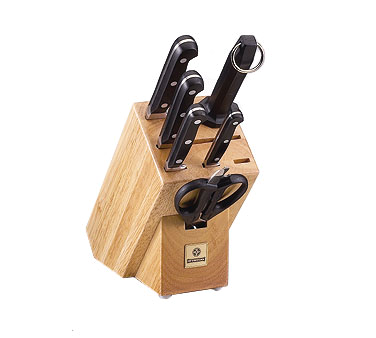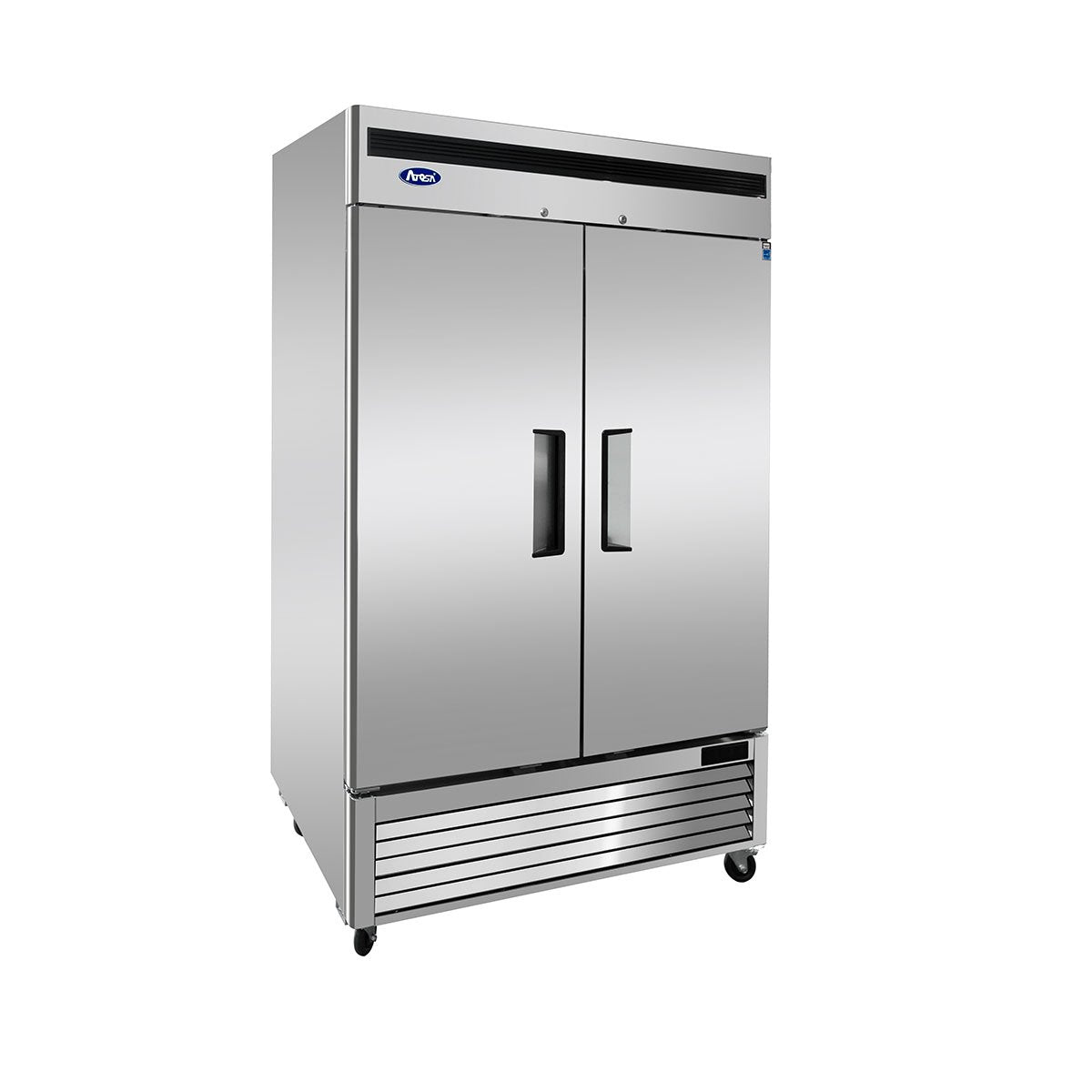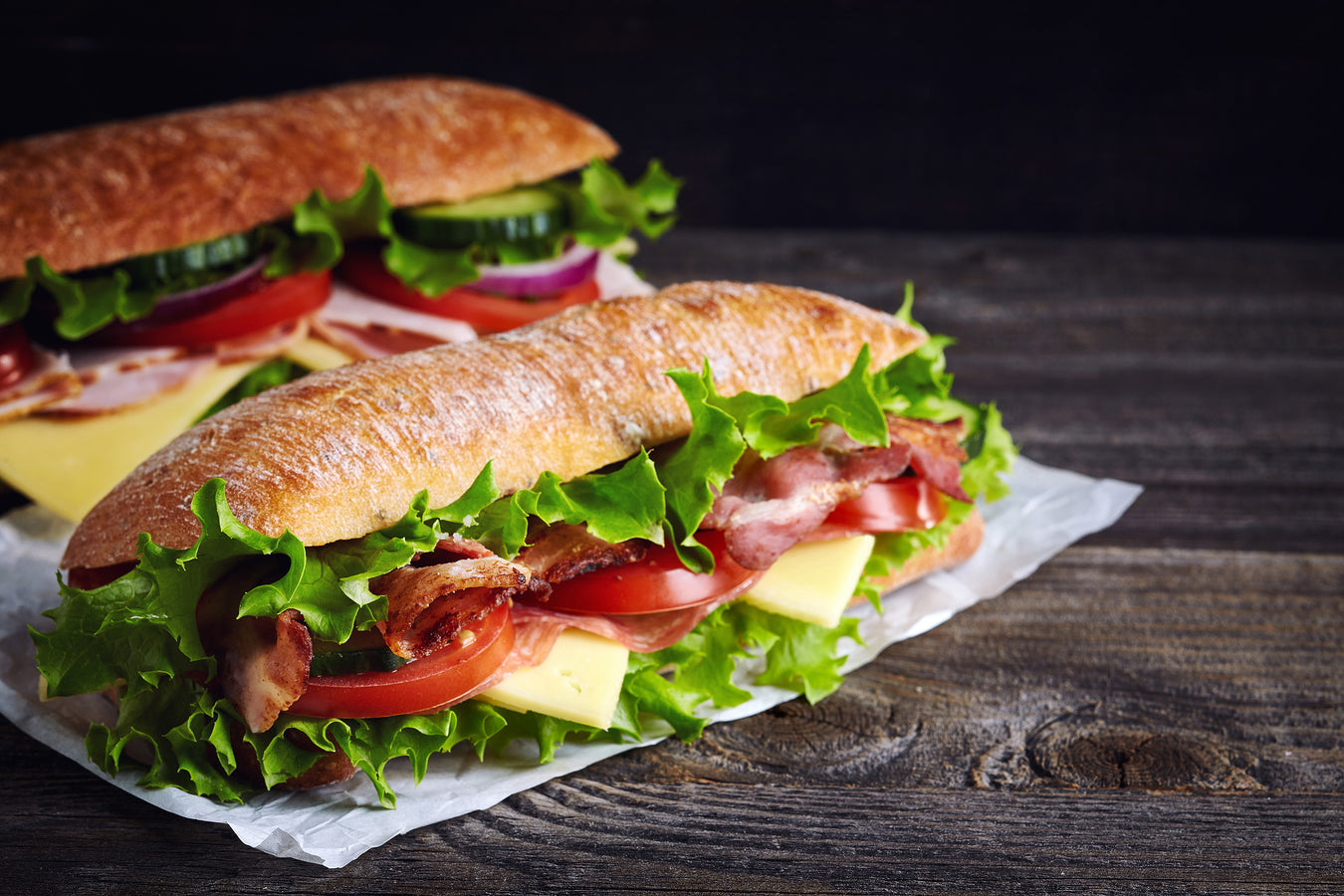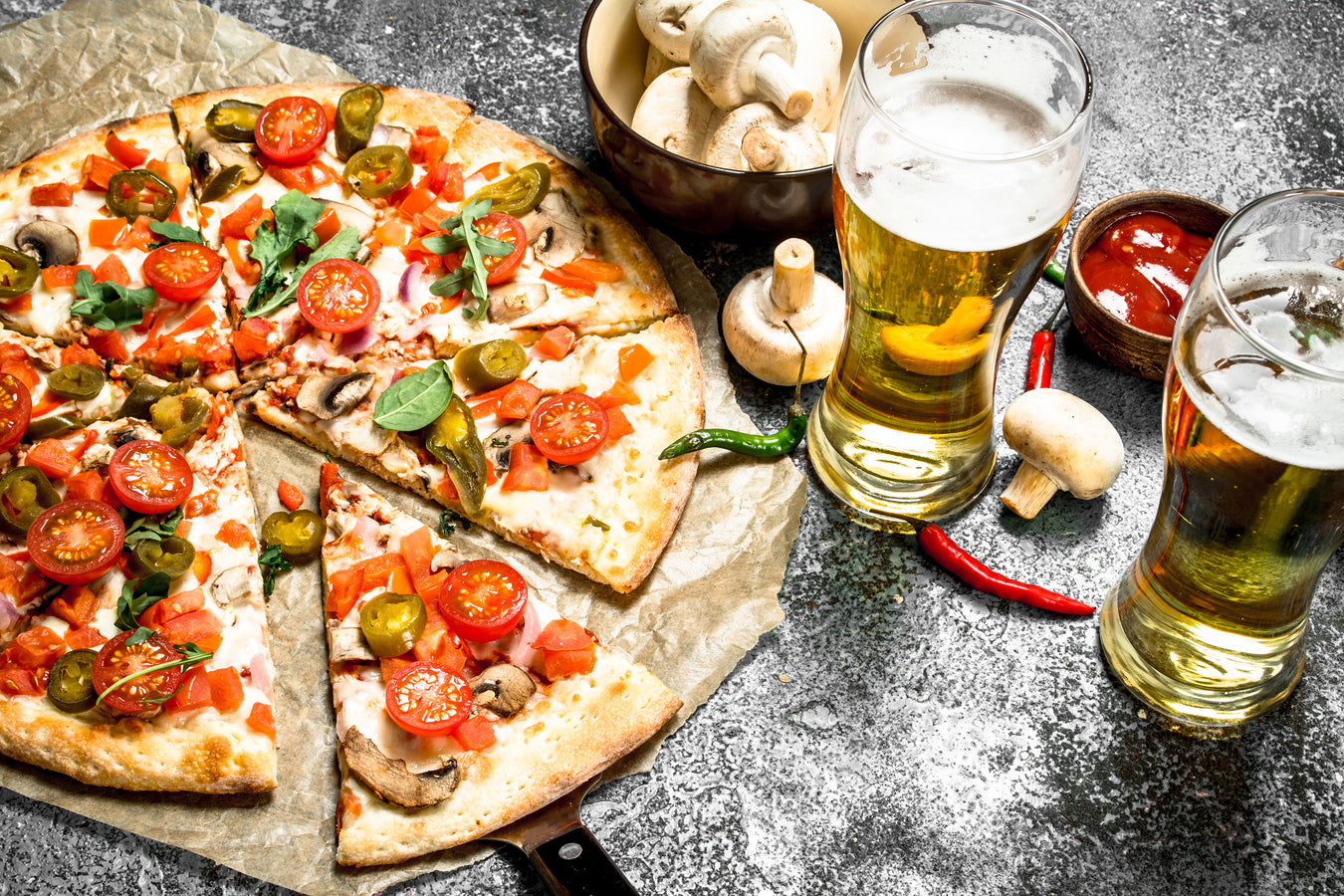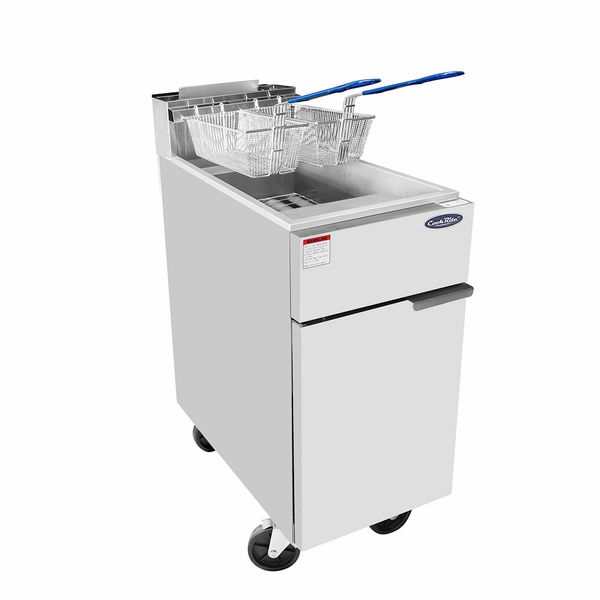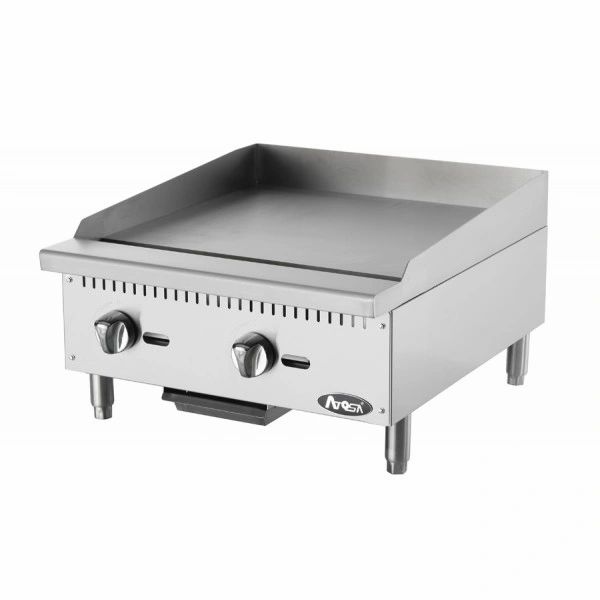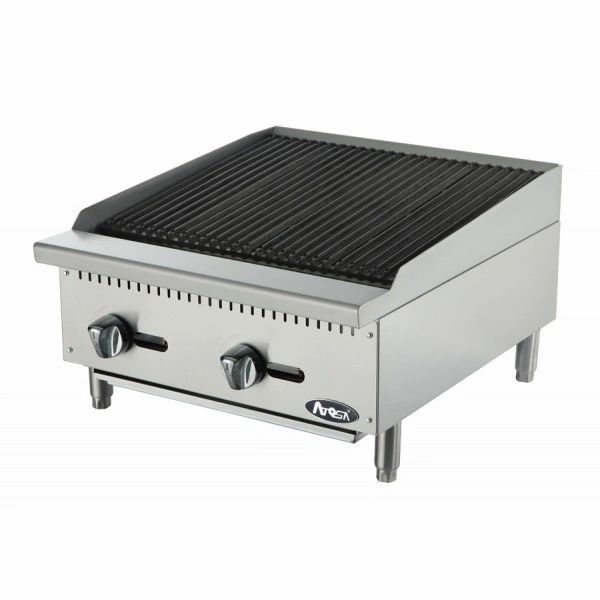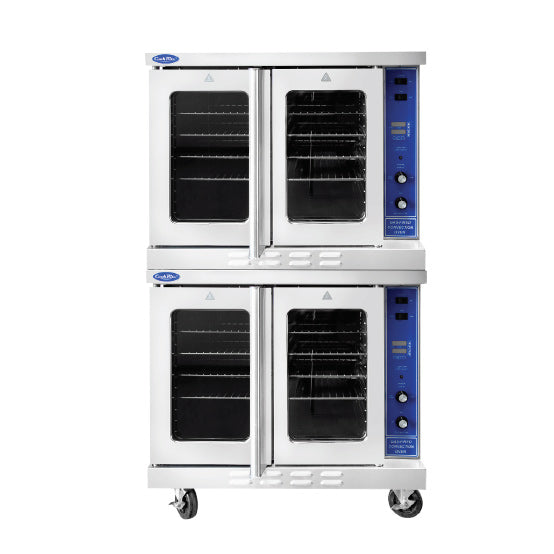Ever wondered about the history of the knife? Check out our brief guide, plus find out how to choose the perfect knife for your needs.
Each culture enjoys its own uniquely shaped, well-crafted general-purpose knife, as evidenced by a Chinese chef's boxy, rectangular blade, a Japanese chef's more elongated, snub-nosed complement, and a continental chef's spear-tipped blade.
Cutlery
These balanced blades can provide up to a 14-inch cutting edge to quickly chop, mince, dice, scrape, and shred vegetables and meats. Progressively lighter or smaller forms slice octopus, carve ham, bone fish, or flute mushrooms; the wealth of these are designed and manufactured by French and German cutlery firms.
Knife Restaurant
The enormous selection of blade styles a variety of which can be found in a professional chef's knife case-logically evolved from the hunter's and warrior's flint, obsidian, slate, and bone implements, and later their multipurpose metal daggers. Among the earliest adaptations for kitchen use, depicted in New Kingdom butchering scenes, are dagger-like knives with double-edged blades and straight handles that lie on the same axis as the blade's midrib. The handle-to-blade juncture was generally clean and crisp, unlike the later Greek and Roman handles, which frequently overlapped onto their smaller straight and larger scimitar blades.
It is a far cry from early Christian days to the Middle Ages, but little is known about advances in Western knife design except that since table forks were not yet in general use, the distinctly tipped knife that the Romans carried with them to England was gradually transformed b the Saxons into one with a broader blade with a clipped tip to cut, pierce, and transfer food. That same Augustan butcher knife surfaced centuries. Later in Burgundian courts as an elegant carving too-slightly narrower in profile with a dropped tip, upswept heel, and a well ornamented handle that might be sculpted from ivory or rock crystal, enameled, or made of a precious metal.
Since the knives most frequently associated with this period were commissioned for carving before guests an art that came to be called the honors of the table implements were highly decorative. Blades that once displayed their owners' etched names now cited proverbs or graces to be sung before the meal. As ecclesiastical influence remained strong, handles with different-colored inlays were used for different Ebony-handled knives served their owners during Lent, ivory at Easter, and the two combined-usually in a checker board design-during Pentecost.
Those were extraordinary tableside tools that perfectly suited slicing; an accompanying blade with a broader, flat, round-tipped unsharpened edge eventually evolved for serving. If contemporary woodcuts of kitchens and their furnishings are accurate, the later Renaissance chef was a lucky artist indeed with high tipped and bird's-beak paring knives, and square-tipped cake knives, narrow and deep slicers, and straight-backed butcher's knives. Save for modifications such as a straight heel, longer bolster, and more stylized handles in lieu of pistol or squared grips, we still utilize many of the same designs.
Cutlery Knives
Those blades were traditionally struck in carbon steel, an alloy of iron and carbon that remained the knife maker's choice metal until forty-five years ago, when stainless steel became readily available. Carbon steel took and held a fine cutting edge, but it corroded easily and stained on contact with acidic foods because of its iron content. The chromium added to stainless steel prevented the iron from oxidizing and strengthened the metal, but it also produced a blade that is difficult to sharpen.
Stainless steel is now recognized as great for specialty cutting tools while its successor-high-carbon stainless steel, which offers the benefits of both alloys but none of their liabilities is considered the finest knife-crafting steel now made. The small amounts of molybdenum and vanadium added to the iron, carbon, and chromium increase its ability to hold an edge; to resist rust, pitting, and abrasion; and to recover from bending without breaking.
Knife Nomenclature
A fine kitchen knife is composed of two parts, a blade and a handle, and their features include:
Point a spear; round spatula; sheep's foot (an outward arc from spine to flat cutting edge); cope (an abrupt, forward angle from spine to flat cutting edge) or clip (a slight concave arc from about mid-spine to the point. This secondary edge can be sharpened and called a swedge or left unsharpened and called a false edge).
Back or Spine The thick unsharpened edge of the blade.
Cutting Edge This sharpened edge of the blade can be plain, with a cross section revealing a gentle taper to a long or abrupt V-shape, or hollow-ground with a distinct concave area running down the length of each blade side. More complicated edges include: scalloped or wave-cut edges that resemble a series of small arcs, the short, sharp points of which end along the cutting edge; granton edges, whose elongated ovals are ground perpendicularly to the cutting edge and are staggered alternately on each blade side; serrated edges, which end as a series of tiny, Vshaped teeth; saw edges, whose teeth are bigger, more widely spaced, and can be variously shaped and outwardly flared: and corrugated edges, which look like accordion pleating.
Heel The rear edge of the blade that extends below the bottom line of the handle.
Bolster The thick band of steel on forged blades that runs directly along the heel and up to the spine. (Some call this a shoulder.)
Tang The unsharpened rear extension of the blade onto which the handle is attached with rivets or encased in plastic. A full tang runs the entire length of the handle with a shape to match; a three-quarter tang extends partially into the handle, while a rattail tang runs like a rod down the length of the handle. Generally speaking, the fuller the tang, the better the knife.
Handle that hand grip that is frequently covered with metal, plastic, wood, or bone in one or two pieces.
Occasionally it is simply an extension of the blade steel, like those on Far Eastern-made Chinese cleavers or French-made butcher's cleavers. It more often appears as a stylized rectangle, tube, bulb, or knob with a smooth, ribbed, or textured finish.
Butt The rear end of the handle


